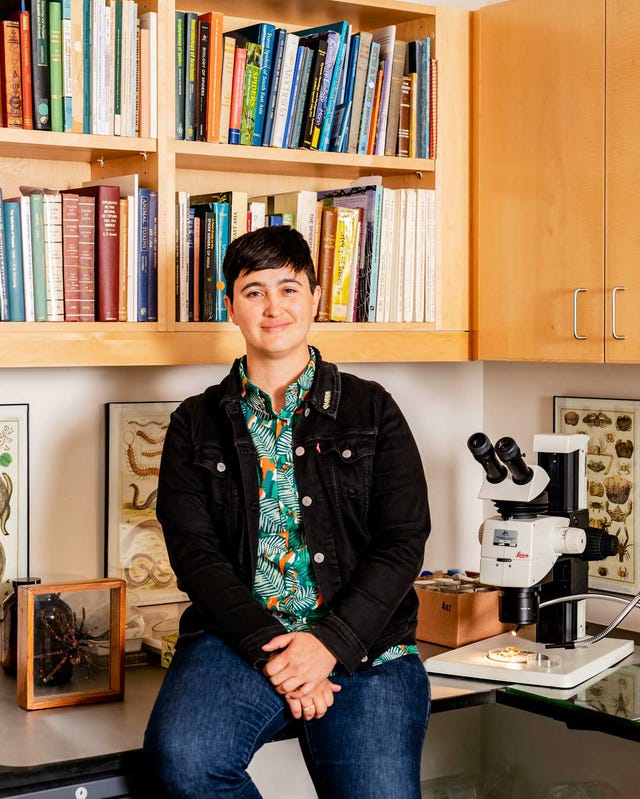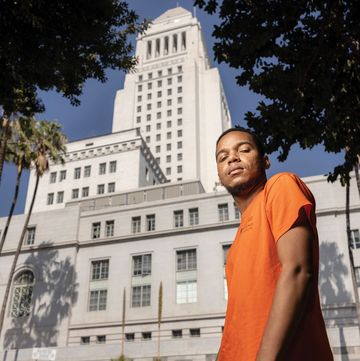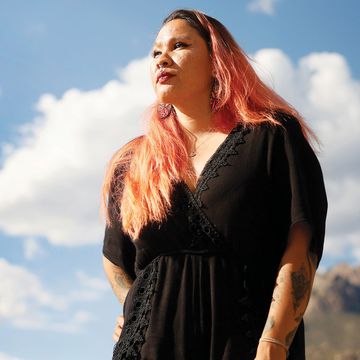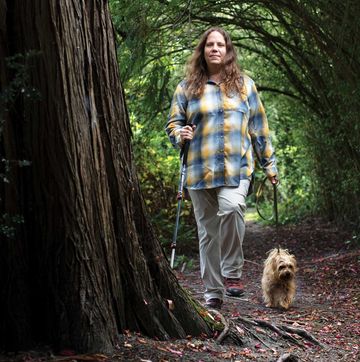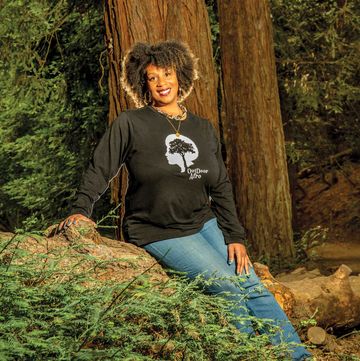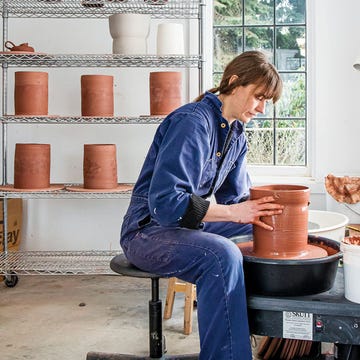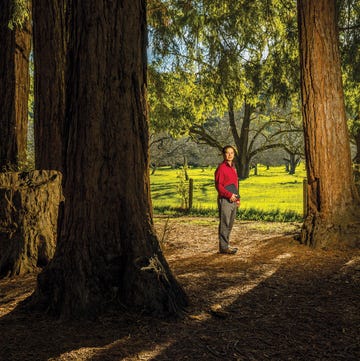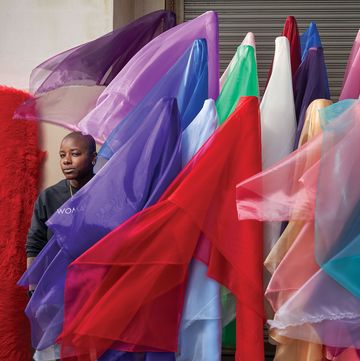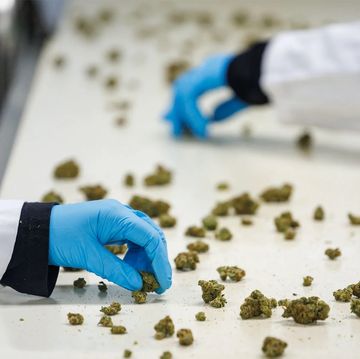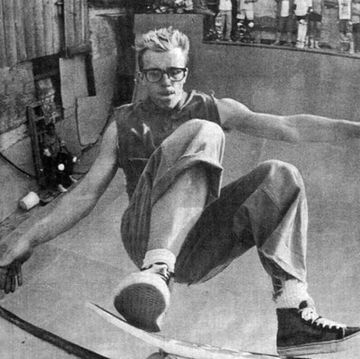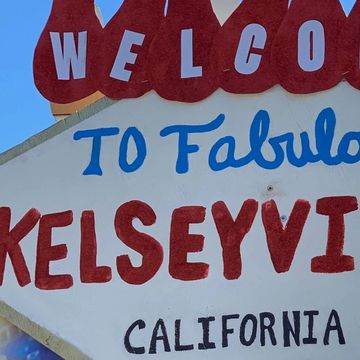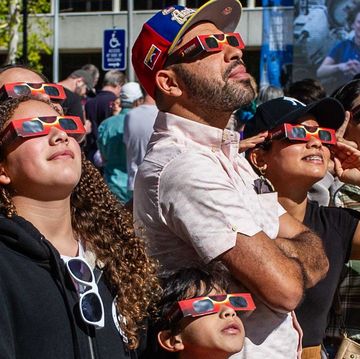One of the oldest predators on Earth, scorpions have “thrived and diversified” over the past 430 million years, says Dr. Lauren Esposito, the curator of arachnology at the California Academy of Sciences and founder of 500 Queer Scientists. “They’ve taken what the world has given them and figured out a solution to just about every problem.”
Dr. Esposito joins Alta Live.
WATCH
This also applies to Esposito, a San Francisco–based scorpion expert who grew up in what she calls a “biologist household” (her parents ran a veterinary clinic in West Texas) but began feeling isolated as a queer scientist. “In STEM,” she says, “we’re expected to show up to work, put on a lab coat, and leave our identities at the door.” In 2018, Esposito colaunched 500 Queer Scientists, a visibility campaign that connects and celebrates queer STEM workers, to change that. The campaign began as a website featuring the bios of about 50 queer STEM workers, which Esposito also shared on Twitter and Instagram, to help other queer scientists feel less alone.
The failure to acknowledge queer identities in STEM has been damaging, not just to individuals but to the STEM workforce overall, Esposito argues. A 2018 study found that LGBQ undergraduates were 7 percent less likely to stay in STEM majors than their non-LGBQ counterparts. The homogenizing effect of that hinders discoveries, says Esposito: “Diversity breeds ideas, so in celebrating diversity, we’re actually making science better.”
This article appears in the Winter 2022 issue of Alta Journal.
SUBSCRIBE
Today, roughly 30,000 people are involved with 500 Queer Scientists, which spans every continent (even Antarctica) and STEM discipline. Run by Esposito with two helpers, the group has facilitated mixers at scientific conferences and maintains a queer-friendly job board on its website. Esposito, who won the 2019 Walt Westman Award for supporting LGBTQ people in STEM, hopes to start local chapters so members can “have a community right there at home.”
So far, most 500 Queer Scientists bios come from graduate students and postdocs—people early in their careers, says Esposito. “There’s a generation of people coming up now who are no longer willing to stay silent about their identities.”•
Jessica Klein is a freelance journalist whose work has appeared in the Atlantic, the New York Times, and the Guardian. She is currently a contributing reporter at the Fuller Project, a nonprofit newsroom dedicated to reporting on issues that affect women.
